Afghan elders to discuss key security deal with the US
Security pact will shape Washington's future military presence in the war-scarred nation.
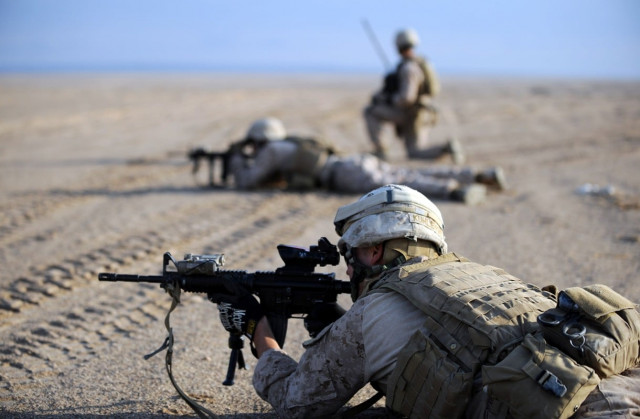
Security pact will shape Washington's future military presence in the war-scarred nation. PHOTO: AFP/FILE
The bilateral security agreement (BSA) will determine how many US soldiers stay in Afghanistan when most of NATO's troops deployed in the country since 2001 - currently numbering 75,000 - leave at the end of 2014.
Key obstacles include the question of legal immunity for those US troops who remain - an issue that scuppered a similar pact in Iraq. And the Taliban have branded the meeting a US-designed plot, vowing to pursue and punish its delegates as traitors if they approve the BSA.
Highlighting the security challenges facing Afghanistan, a Taliban suicide bombing near the venue on Saturday killed a dozen people, most of them civilians.
Providing details for the first time since tough year-long negotiations between US and Afghan officials, Kabul says up to 16,000 American troops could stay beyond 2014.
If signed, Bagram Air Base, the largest military base in the country, will remain under US control, according to President Hamid Karzai's national security advisor, Rangeen Dadfar Spanta.
Bagram, located about 50 kilometres north of Kabul, is the main airbase for the US-led NATO force, housing about 40,000 troops.
American forces will also be allowed to share other locations, mostly military air fields, with local security forces across the country, including Shindand in Herat province on the Iranian border, according to Spanta.
"We believe that concluding the BSA will send an important signal of clarity about the future of our relationship with Afghanistan and what the future of Afghanistan can look like," US ambassador to Kabul James Cunningham said recently.
The "loya jirga" - Pashto for grand assembly - will also decide whether US soldiers should be given immunity against Afghan laws for crimes they commit while deployed in Afghanistan.
The subject has been a serious sticking point. Karzai has said the loya jirga is the only Afghan institution with the authority to decide whether or not to grant immunity to the US soldiers.
The issue of US troop immunity sank a similar deal in Iraq in 2011, leading the Americans to pull out completely. The country is now in the grip of some of its worst sectarian violence since 2008.
A similar so-called "zero option" has been touted as a possibility in Afghanistan, leading to fears of a return to the chaotic violence of the 1990s, when rival warlords laid waste to Kabul.
But President Barack Obama's special envoy for Afghanistan and Pakistan, James Dobbins, rejected the Iraq comparison, saying the BSA would be supported by Afghans.
"They want us. They need us. And we promised to stay," he said.
"So in the case of Afghanistan, across the political spectrum and in polling and any other source of information on Afghan attitudes, there's strong support for a continued international military and civilian presence."
Afghan Finance Minister Omar Zakhilwal, speaking in New Delhi on Monday, gave a similarly bullish assessment of his country's security forces, saying "doomsday" predictions of a repeat of the 1990s were unfounded.
The four-day loya jirga will start on Thursday at the campus of Polytechnic University in west Kabul.
Thousands of security forces and intelligence agents have been deployed in and around the capital to protect the gathering against the Taliban threats.
Kate Clark, a senior analyst with the Kabul-based Afghanistan Analyst Network, said too much was at stake for the jirga to reject the BSA.
"On the BSA depends not just US bases and a possible counter-terrorism force, but also the continuing NATO training mission and money for the Afghan security forces," she said, adding that such gatherings "give respectability to sensitive decisions taken by the government".
If endorsed by the loya jirga, the deal will be put before the Afghan parliament for final approval before Karzai signs it.
Afghans go to the polls next April to elect a successor to Karzai and a credible election is seen as vital to stability in Afghanistan's first-ever democratic transfer of power.


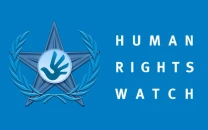
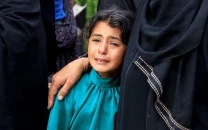
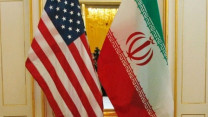
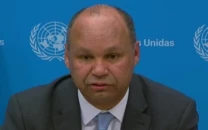
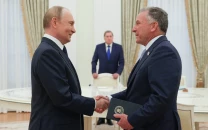












COMMENTS
Comments are moderated and generally will be posted if they are on-topic and not abusive.
For more information, please see our Comments FAQ